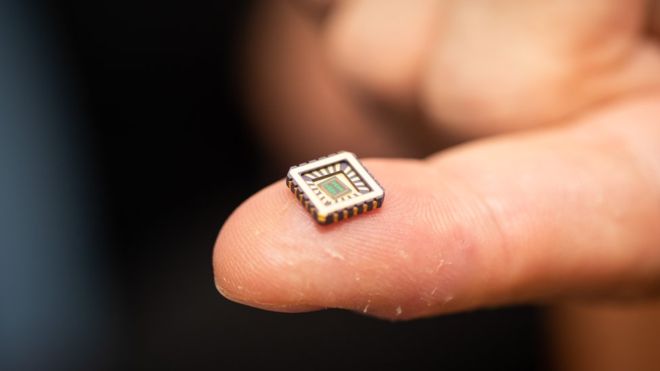
Scientists have come across an innovation to fight against disease and repair body cells with artificial neurons. Scientists are trying to develop tiny brain chips that will work like a real thing hoping that they can one day be used to treat diseases such as Alzheimer's.
A team from the University of Bath combined formulas of maths, computation, and chip design to get down with a new possibility to replicate in-circuit what neurons do naturally. Nerve cells deliver signals from the brain to the rest of the body and carry the response or signals to the brain. It is a huge system in the human body.
A critical disease named Alzheimer's is caused due to degeneration or death of neurons which eventually collapses the body. It does not have any proper treatment as the body shuts down as the nerve cells die. This new experiment can be a ray of hope for scientists as they are close to finding a way to replicate neurons artificially which can really treat the incurable malady.
Professor Alain Nogaret, from Bath's department of physics, found this experiment to be very unique as this research was to carry the electrical properties of brain cells on to synthetic circuits made from silicon which had not been done before.
There have not been many kinds of research done when it comes to replicate neurons. Nerve cells are like the black box that the scientists have not got their hands on. It can be the threshold of the solution to all the sickness of the human body. The scientific researchers from the University of Bath finally are able to look inside the untouched section of the nervous system. It is like opening a black box. The framework of the research has paradigm-shift as it has a robust method to reproduce the electrical properties of real neurons in minute detail.
This research about artificial nerve cells can be a breakthrough in medicine. If they succeed in making artificial neurons that receive and respond to electrical signals from the nervous system then it can bring a long-term change in life. The biggest challenges of all the scientists are facing are for designing the circuits and finding the parameters that make the circuits behave like real neurons. Though the researchers have advanced in the experiment with the extraction of the parameters for biological neurons and plug them into the synthetic circuits that are made by them.
Professor Nogaret said that they were able to replicate two types of neurons including cells from the hippocampus that functions as the memory hub of the brain. The hippocampus plays a major role in controlling memories and respiration.
The experiment if becomes successful will provide a wide range of possibilities, paving its way to repair the neuron that has been dying also including medical implants to treat conditions such as heart failure and Alzheimer's.









